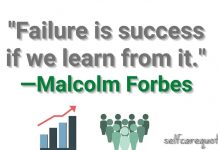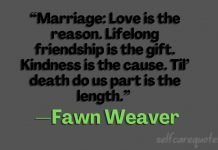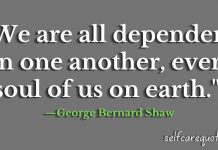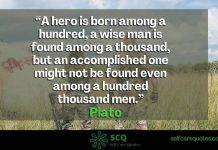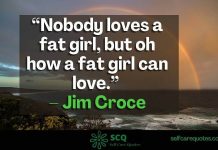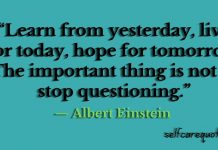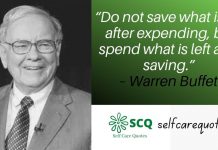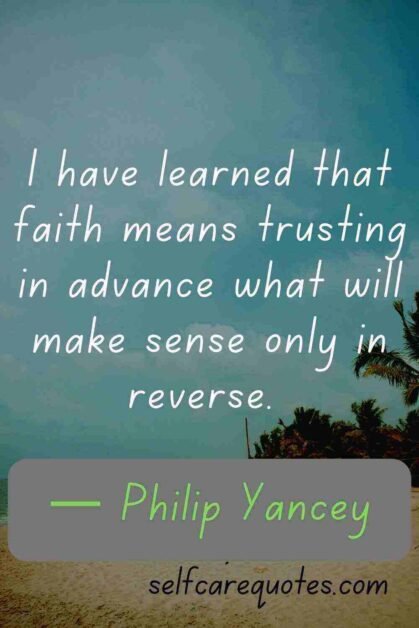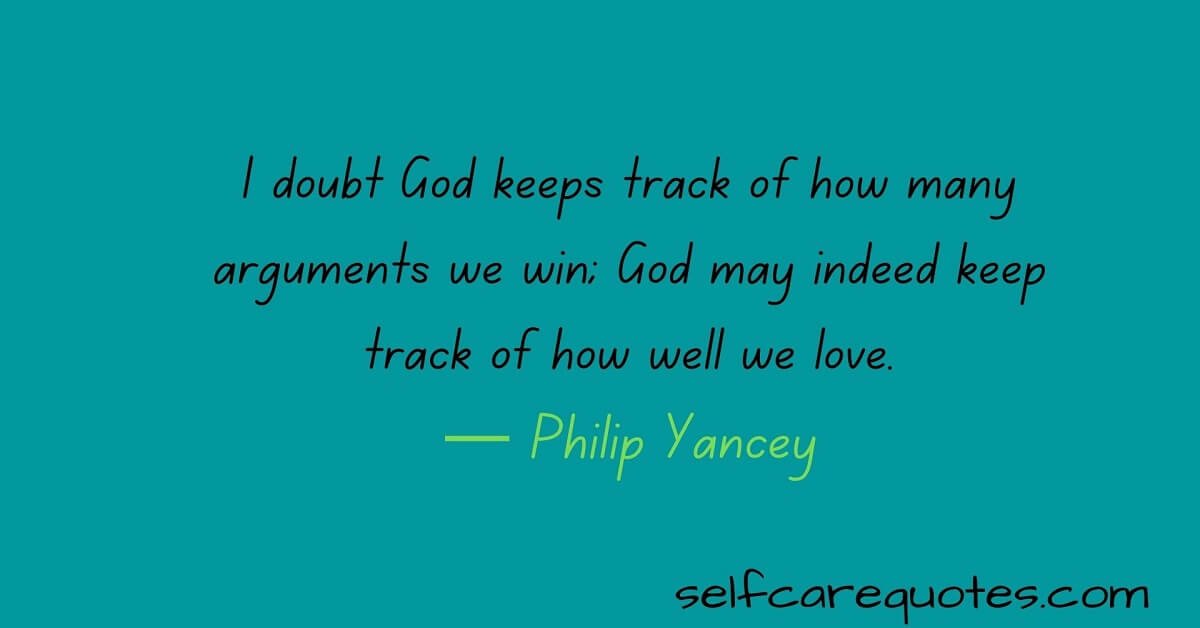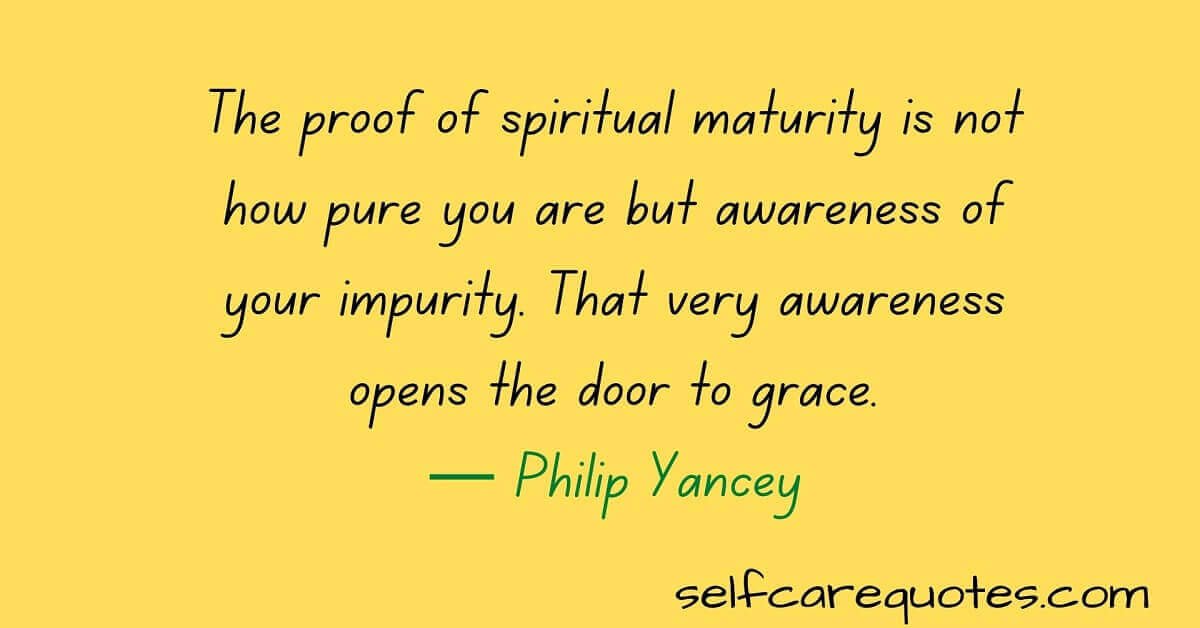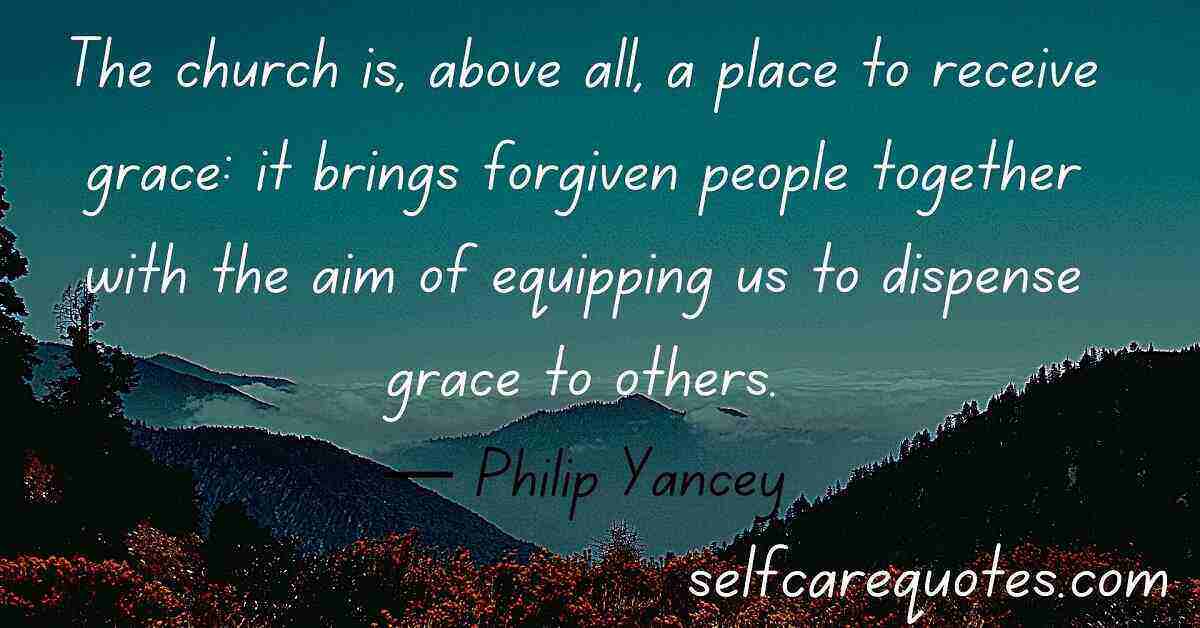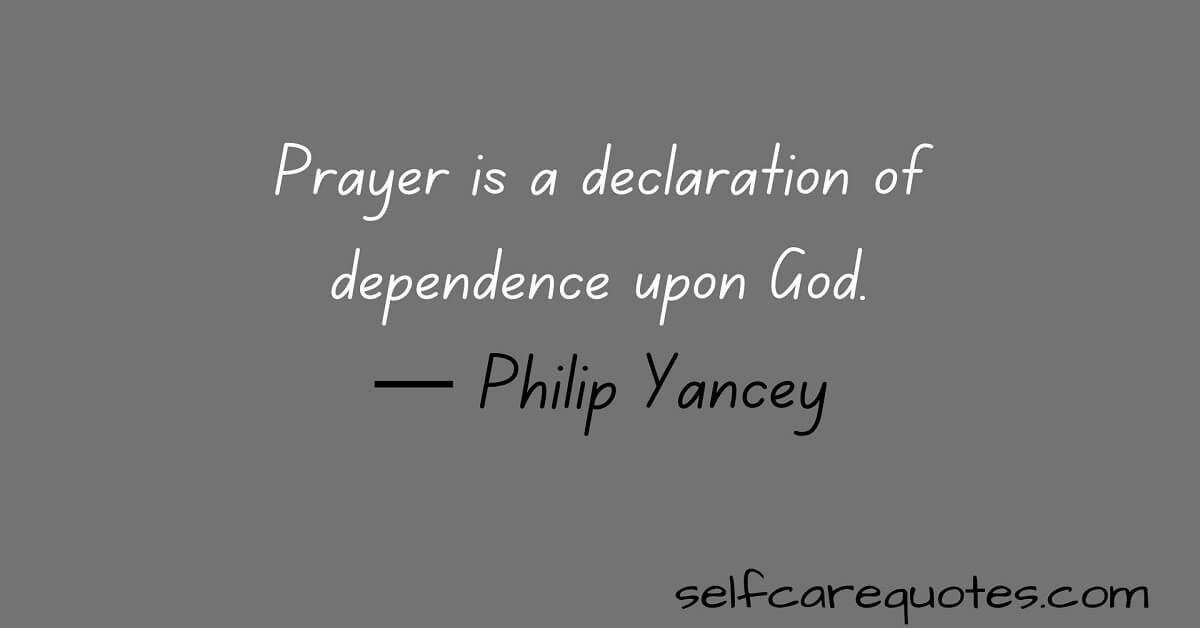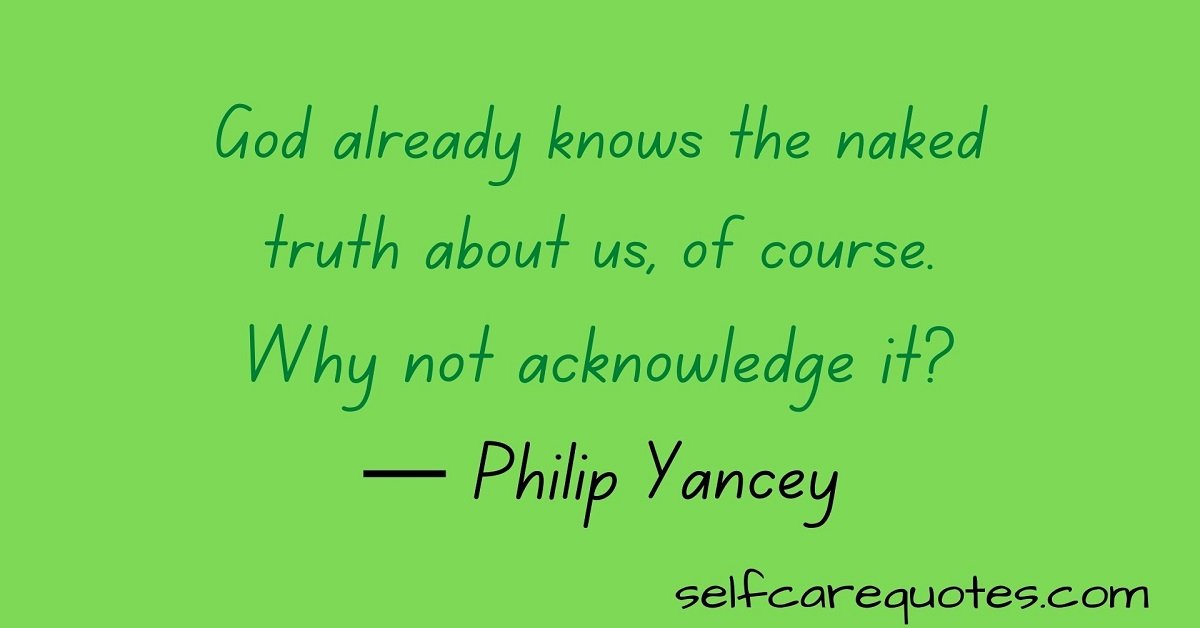50 Philip Yancey Quotes:
Table of Contents
1. I have learned that faith means trusting in advance what will make sense only in reverse. — Philip Yancey
2. Doubt always coexists with faith, for in the presence of certainty who would need faith at all?— Philip Yancey
3. The giants of the faith all had one thing in common: neither victory nor success, but passion.— Philip Yancey
4. For me, prayer is not so much me setting out a shopping list of requests for God to consider as it is a way of keeping company with God.— Philip Yancey
5. C. S. Lewis observed that almost all crimes of Christian history have come about when religion is confused with politics. Politics, which always runs by the rules of ungrace, allures us to trade away grace for power, a temptation the church has often been unable to resist.— Philip Yancey
6. Imperfection is the prerequisite for grace. Light only gets in through the cracks.— Philip Yancey
7. Why pray? Evidently, God likes to be asked. God certainly does not need our wisdom or our knowledge, nor even the information contained in our prayers (“your Father knows what you need before you ask him”). But by inviting us into the partnership of creation, God also invites us into relationship. God is love, said the apostle John. God does not merely have love or feel love. God is love and cannot not love. As such, God yearns for relationship with the creatures made in his image.— Philip Yancey
8. I rejected the church for a time because I found so little grace there. I returned because I found grace nowhere else.— Philip Yancey
9. I have come to know a God who has a soft spot for rebels, who recruits people like the adulterer David, the whiner Jeremiah, the traitor Peter, and the human-rights abuser Saul of Tarsus. I have come to know a God whose Son made prodigals the heroes of his stories and the trophies of his ministry.— Philip Yancey
10. The people of God are not merely to mark time, waiting for God to step in and set right all that is wrong. Rather, they are to model the new heaven and new earth, and by so doing awaken longings for what God will someday bring to pass.— Philip Yancey
Who is Philip Yancey?
Philip Yancey is the writer of many spiritual books. For his spiritual writings, he is also known as a spiritual author. Philip Yancey has many famous books. Among his books, some are tremendously famous.
His book “The Jesus I Never Knew” and “What’s So Amazing About Grace?” Are most famous. These books achieved ECPS’s best Christian book award in 1998. One of his books has been sold above 15 million copies only in the English language.
This book was translated into 40 more languages. Besides being a spiritual writer, Philip Yancey is also a producer of many famous quotes. Some of his quotes get more popular than some of his books. Philip Yancey quotes are mainly abstract, not really like his writings.
11. I doubt God keeps track of how many arguments we win; God may indeed keep track of how well we love.— Philip Yancey
12. When I pray for another person, I am praying for God to open my eyes so that I can see that person as God does, and then enter into the stream of love that God already directs toward that person.— Philip Yancey
13. When the world asks if there is any hope, we can say absolutely! No one is exempt from tragedy or disappointment- God himself was not exempt. Jesus offered no immunity, no way out of the unfairness, but rather a way through it to the other side.— Philip Yancey
14. We’re concerned with how things turn out; God seems more concerned with how we turn out.— Philip Yancey
15. Christians get very angry toward other Christians who sin differently than they do.— Philip Yancey
16. In a nutshell, the Bible from Genesis 3 to Revelation 22 tells the story of a God reckless with desire to get his family back.— Philip Yancey
17. We often surround ourselves with the people we most want to live with, thus forming a club or clique, not a community. Anyone can form a club; it takes grace, shared vision, and hard work to form a community.— Philip Yancey
18. One who has been touched by grace will no longer look on those who stray as “those evil people” or “those poor people who need our help.” Nor must we search for signs of “loveworthiness.” Grace teaches us that God loves because of who God is, not because of who we are.— Philip Yancey
19. Jesus gave us a model for the work of the church at the Last Supper. While his disciples kept proposing more organization – Hey, let’s elect officers, establish hierarchy, set standards of professionalism – Jesus quietly picked up a towel and basin of water and began to wash their feet.— Philip Yancey
20. The proof of spiritual maturity is not how pure you are but awareness of your impurity. That very awareness opens the door to grace.— Philip Yancey
21… the issue is not whether I agree with someone but rather how I treat someone with whom I profoundly disagree. We Christians are called to use the “weapons of grace,” which means treating even our opponents with love and respect.— Philip Yancey
22. The problem of pain meets its match in the scandal of grace.— Philip Yancey
23. Grace, like water, flows to the lowest part.— Philip Yancey
24. Sociologists have a theory of the looking-glass self: You become what the most important person in your life (wife, father, boss, etc.) thinks you are. How would my life change if I truly believed the Bible’s astounding words about God’s love for me, if I looked in the mirror and saw what God sees?— Philip Yancey
25. No one ever converted to Christianity because they lost the argument.— Philip Yancey
26. Any discussion of how pain and suffering fit into God’s scheme ultimately leads back to the cross.— Philip Yancey
27. Whatever makes us feel superior to other people, whatever tempts us to convey a sense of superiority, that is the gravity of our sinful nature, not grace.— Philip Yancey
28. Jesus never met a disease he could not cure, a birth defect he could not reverse, a demon he could not exorcise. But he did meet skeptics he could not convince and sinners he could not convert. Forgiveness of sins requires an act of will on the receiver’s part, and some who heard Jesus’ strongest words about grace and forgiveness turned away unrepentant.— Philip Yancey
29. The church is, above all, a place to receive grace: it brings forgiven people together with the aim of equipping us to dispense grace to others.— Philip Yancey
30. Politics deals with externals: borders, wealth, crimes. Authentic forgiveness deals with the evil in a persons heart, something for which politics has no cure. Virulent evil (racism, ethnic hatred) spreads through society like an airborne disease, one cough infects a whole busload. When moments of grace do occur, the world must pause, fall silent, and acknowledge that indeed forgiveness offers a kind of cure. There will be no escape from wars, from hunger, from misery, from rancid discrimination, from denial of human rights, if our hearts aren’t changed.— Philip Yancey
31. In the stories of extravagant grace given to us by Jesus, there are no loopholes disqualifying us from God’s love.— Philip Yancey
32. We preach sermons, write books on apologetics, conduct city-wide evangelistic campaigns. For those alienated from the church, that approach no longer has the same drawing power. And for the truly needy, words alone don’t satisfy; “A hungry person has no ears,” as one relief worker told me. A skeptical world judges the truth of what we say by the proof of how we live.— Philip Yancey
33. When Jesus came to earth, demons recognized him, the sick flocked to him, and sinners doused his feet and head with perfume. Meanwhile he offended pious Jews with their strict preconceptions of what God should be like. Their rejection makes me wonder, could religious types be doing just the reverse now? Could we be perpetuating an image of Jesus that fits our pious expectations but does not match the person portrayed so vividly in the Gospels?— Philip Yancey
34. God reproduces and lives out His image in millions of ordinary people like us. It is a supreme mystery. We are called to bear that image as a Body because any one of us taken individually would present an incomplete image, one partly false and always distorted, like a single glass chip hacked from a mirror. But collectively, in all our diversity, we can come together as a community of believers to restore the image of God in the world.— Philip Yancey
35. God loves people because of who God is, not because of who we are.— Philip Yancey
36. If we comprehend what Christ has done for us, then surely out of gratitude we will strive to live ‘worthy’ of such great love. We will strive for holiness not to make God love us but because He already does.— Philip Yancey
37. A faithful person sees life from the perspective of trust, not fear. Bedrock faith allows me to believe that, despite the chaos of the present moment, God does reign; that regardless of how worthless I may feel, I truly matter to a God of love; that no pain lasts forever and no evil triumphs in the end. Faith sees even the darkest deed of all history, the death of God’s Son, as a necessary prelude to the brightest.— Philip Yancey
38. Forgiveness is the only way to break the cycle of blame-and pain-in a relationship…It does not settle all questions of blame and justice and fairness…But it does allow relationships to start over. In that way, said Solzhenitsyn, we differ from all animals. It is not our capacity to think that makes us different, but our capacity to repent, and to forgive.— Philip Yancey
39. Grace comes free of charge to people who do not deserve it and I am one of those people… Now I am trying in my own small way to pipe the tune of grace. I do so because I know, more surely than I know anything, that any pang of healing or forgiveness or goodness I have ever felt comes solely from the grace of God.— Philip Yancey
40. The bible never belittles disappointment, but it does add one key word: temporary – What we feel now, we will not always feel. Our disappointment is itself a sign, and aching, a hunger for something better. And faith is, in the end, a kind of homesickness – for a home we have never visited but have never once stopped longing for.— Philip Yancey
41. People who think they are free eventually end up slaves to their own desires, and those who give their freedom away to the only One you can trust with that freedom eventually get it back.— Philip Yancey
42. Jesus tended to honor the losers of this world, not the winners. Our modern culture extravagantly rewards beauty, athletic skill, wealth, and artistic achievement, qualities which seemed to impress Jesus not at all.— Philip Yancey
43. Prayer is a declaration of dependence upon God.— Philip Yancey
44. Yet as I read the birth stories about Jesus I cannot help but conclude that though the world may be tilted toward the rich and powerful, God is tilted toward the underdog.— Philip Yancey
45. For me, the world of nature bears spectacular witness to the imaginative genius of our Creator.— Philip Yancey
46. Grace means that God already loves us as much as an infinite God can possibly love.— Philip Yancey
47. Prayer is to the skeptic a delusion, a waste of time. To the believer it represents perhaps the most important use of time.— Philip Yancey
48. One of the things I found is that the things we want to say for well-intentioned motives often cause more harm than good. People don’t need our words. They mainly need our presence, they need our love. And if you come in too quickly with explanations, you may do more harm than good.— Philip Yancey
49. When I am tempted to complain about God’s lack of presence, I remind myself that God has much more reason to complain about my lack of presence.— Philip Yancey
50. God already knows the naked truth about us, of course.
Why not acknowledge it?— Philip Yancey
Philip Yancey Biography:
Biography is the life events detail of a person. The biography helps readers to know more about the person himself. Philip Yancey’s biography is also a very famous term to discuss as people always want to know about him.
Philip Yancey Early Life:
This 71 years old American author was born on November 4, 1949. His birthplace is the Atlanta state of the USA. He was brought up in this city.
His early life was influenced by some sad incidents. Among these sad things, losing his father was one. He lost his father at an early age.
His father was suffering from polio. Philip Yancey thinks that the church’s decision led his father to death in early times.
Philip Yancey Education:
The education life of Philip Yancey was very plain. After completing his school education, Philip Yancey attended Wheaton College. After this, he went to the University of Chicago to take a bachelor’s degree in communication and English. His education later became the main strength of his career.
Philip Yancey Career:
We all know that Philip Yancey is an author but before being an author he was an editor of several magazines and publications. As a journalist, Philip Yancey interviewed 2 US presidents and many other famous politicians and celebrities.
He started this job in 1971 and continued for 3 decades. After this, he started writing articles for different newspapers and magazines.
This was the start of his writing career. Some of his famous books are “The Jesus I Never Knew”, “Disappointment with God”, “What’s So Amazing About Grace?”, “La Oracion- Hace Alguna Diferencia?” etc. His writing attracts many famous people. US president Jimmy Carter says him to be “my favorite modern author”.
Why should we follow Philip Yancey?
To follow a person, we need many things. If we consider that person as Philip Yancey then we can say that there has a huge reason to follow him. If you are a Christian person then you can follow him for his strong faith in God and Christ.
His spiritual thoughts also draw some people’s attention to him. The writing merits of Philip Yancey also can be followed by every new writer. The quotes Philip Yancey left for us are also worth following.
Philip Yancey quotes are famous for their teaching and instructive deep meaning into them. These quotes are loved by people for their life-related interpretations. As a writer Philip Yancey is famous. But besides this, he is also a successful journalist and editor.



